Blogs & News
We are focus on automotive wiring harness & connectors technology.
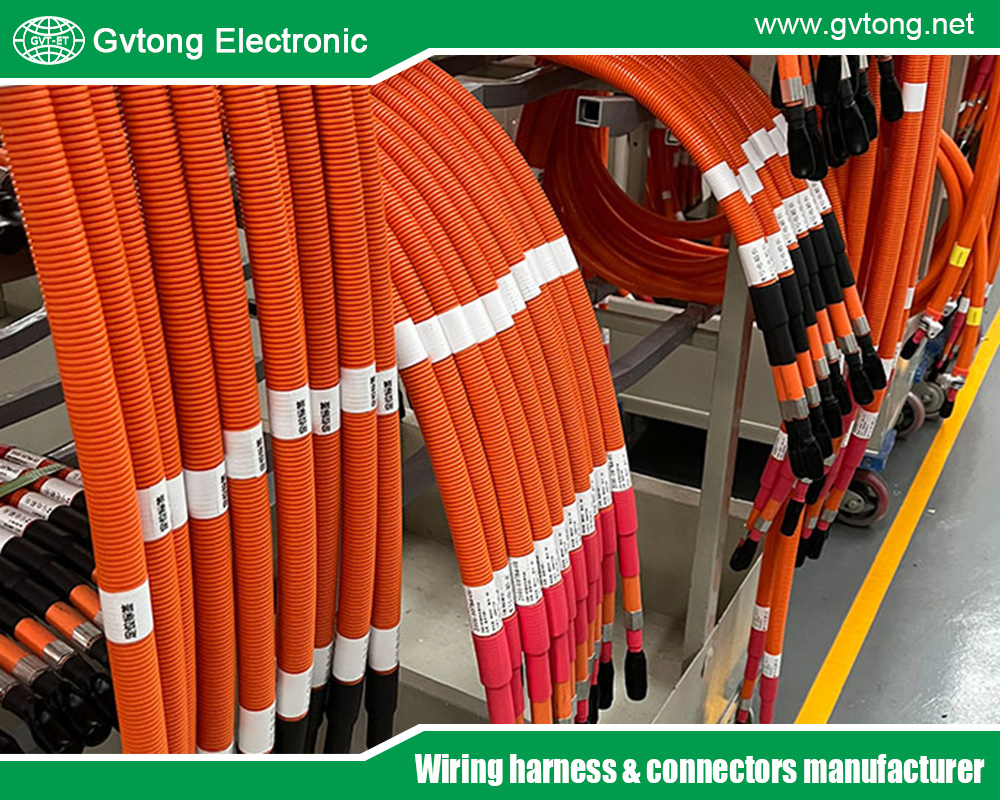
Choose the Right Lightweight Automotive Connectors to Avoid Pitfalls – Portable & Vibration-Resistant
- Gvtong Electronic
- 12 volt automotive wire connectors, 12 volt automotive wire connectors manufacturer, ADAS automotive connectors, Anti-vibration automotive connectors, automotive antenna connector, automotive camera connector, automotive coaxial connector, automotive connectors, automotive connectors for photovoltaic, automotive connectors manufacturer, automotive data connector, automotive diagnostic connector, automotive high - frequency, Automotive high - frequency connector, automotive hybrid connector, automotive optical fiber connector, Automotive power distribution connector, automotive Signal Connector, Automotive temperature - resistant connector, automotive vibration - resistant, Automotive vibration - resistant connector, automotive waterproof connectors, Blind-mate automotive connectors, Common Types of Automotive Connectors, Lightweight automotive connectors, lightweight automotive connectors manufacturer, lightweight automotive connectors supplier, Modular automotive connectors
- No Comments
Choose the Right Lightweight Automotive Connectors to Avoid Pitfalls – Portable & Vibration-Resistant
Car modifications have become a passion for enthusiasts worldwide, transforming ordinary vehicles into personalized machines that reflect style, performance, and functionality. Whether you’re upgrading your audio system, adding LED lighting, installing performance sensors, or even integrating advanced electronics like GPS trackers and dash cams, the backbone of these enhancements lies in reliable electrical connections. Among the myriad components involved in car mods, automotive connectors play a pivotal role. These small but crucial parts ensure that power and signals flow seamlessly between devices, preventing failures that could lead to costly repairs or safety hazards.
In this comprehensive guide, we’ll delve into the world of lightweight automotive connectors, emphasizing those that are portable and vibration-resistant. Why focus on these attributes? Lightweight connectors contribute to overall vehicle efficiency by reducing weight, which can improve fuel economy and handling—key considerations for performance-oriented mods. Portability refers to their ease of installation and removal, making them ideal for DIY enthusiasts who frequently tweak their setups. Vibration resistance is non-negotiable in automotive environments, where road bumps, engine vibrations, and high-speed travel can loosen or damage connections over time.
Drawing from industry insights and best practices, this 2000-word article will equip you with tips to select the right connectors, highlight common pitfalls, and provide actionable advice to elevate your car modification projects. By the end, you’ll understand how choosing the appropriate connectors can enhance reliability, safety, and performance while avoiding headaches down the road.
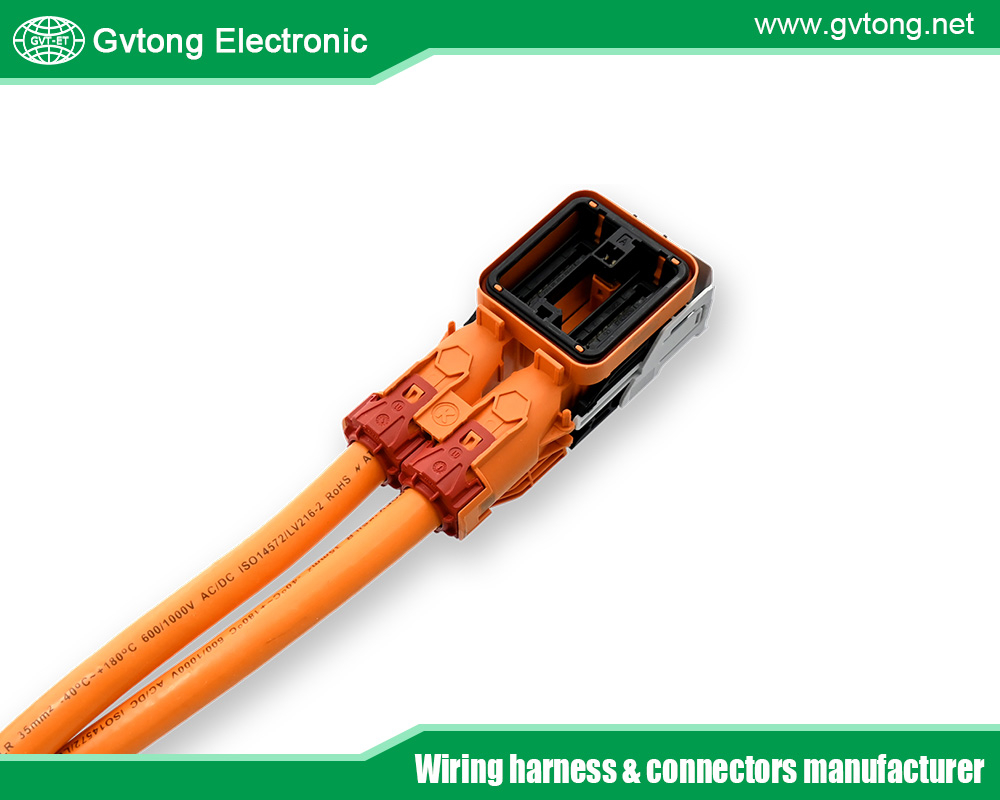
Understanding Automotive Connectors: The Basics
Before diving into specifics, it’s essential to grasp what automotive connectors are and why they matter in modifications. Automotive connectors are specialized plugs and sockets designed to join electrical wires securely in vehicles. Unlike standard household connectors, they must endure harsh conditions: extreme temperatures ranging from -40°C to 125°C, exposure to moisture, chemicals like oil and fuel, and constant mechanical stress from vibrations.
There are several types of automotive connectors, each suited to different applications. Bullet connectors, for instance, are simple and quick to install but may not offer the best vibration resistance. Blade connectors, often used in fuse boxes, provide better contact but can corrode if not sealed. More advanced options include weatherproof connectors with seals to prevent water ingress and multi-pin connectors for complex wiring harnesses.
In car modifications, connectors are used everywhere—from wiring aftermarket stereos and amplifiers to connecting turbo boost gauges or even custom lighting kits. The shift toward electrification in vehicles, including hybrids and EVs, has increased the demand for high-performance connectors that handle higher voltages and data transmission without failure.
One key evolution is the emphasis on lightweight materials. Traditional connectors might use heavy metals or bulky plastics, adding unnecessary weight. Modern lightweight variants often incorporate advanced polymers, aluminum alloys, or composite materials, reducing mass while maintaining strength. This is particularly beneficial in racing or performance mods, where every gram counts toward better acceleration and agility.
The Importance of Lightweight Automotive Connectors in Car Modifications
Weight reduction is a holy grail in automotive performance. In stock vehicles, manufacturers already optimize for efficiency, but modifiers can go further. Lightweight automotive connectors help by shaving off ounces from wiring harnesses, which cumulatively impact the vehicle’s power-to-weight ratio. For example, in a rally car setup, replacing standard connectors with lightweight ones can reduce overall harness weight by 20-30%, leading to noticeable improvements in handling and fuel efficiency.
Materials like polyamide (nylon) or polyphenylene sulfide (PPS) are commonly used in lightweight designs. These thermoplastics offer high strength-to-weight ratios, resistance to heat, and durability against impacts. Unlike metal-heavy connectors, they don’t conduct heat as readily, reducing the risk of overheating in high-current applications like subwoofer wiring.
In modifications, lightweight connectors shine in scenarios where space is tight. Think of under-hood mods: installing intercoolers or ECU remaps requires routing wires around engine components. Bulky connectors can snag or add strain, but lightweight, compact ones fit seamlessly. Brands like Molex and Amphenol have pioneered such designs, with products like the Mizu series offering sealed, lightweight options that weigh significantly less than traditional counterparts. These connectors are engineered for automotive and non-automotive harsh environments, ensuring they don’t compromise on reliability despite their reduced mass.
Moreover, lightweight connectors often feature ergonomic designs for easier handling during installation. This ties into portability, making them a favorite for portable mods like removable audio systems or temporary track-day electronics.
Portability: Making Modifications User-Friendly
Portability in automotive connectors refers to their ability to be easily connected, disconnected, and reused without specialized tools or permanent alterations. This is crucial for hobbyists who experiment with different setups—swapping out speakers, adding removable LED underglow, or even portable diagnostic tools.
Portable connectors typically use plug-and-play mechanisms, such as quick-release latches or push-to-connect interfaces. For instance, FAKRA connectors, designed for high-speed signals in GPS and Bluetooth systems, allow for swift installation without soldering. They’re lightweight and modular, enabling users to upgrade components without rewiring the entire vehicle.
In car mods, portability avoids the pitfalls of hard-wired systems, which can be time-consuming to reverse. Imagine installing a custom exhaust sensor: a portable connector lets you test different sensors easily, fine-tuning performance. Waterproof kits available on platforms like Amazon, containing 1-4 pin connectors with silicone seals, exemplify this— they’re dustproof, waterproof, and easy to assemble with basic crimping tools. Tips for enhancing portability include opting for connectors with color-coded pins for foolproof assembly and those with retention clips to prevent accidental disconnections. ERNI connectors, recommended for high-reliability car audio, feature such clips and are vibration-resistant, blending portability with durability. Always check compatibility with your wire gauge; mismatched sizes can lead to loose fits, compromising portability.
Vibration Resistance: Safeguarding Against Road Realities
Vibrations are the silent killer of automotive electronics. Engine rumble, potholes, and high-speed travel generate forces that can loosen terminals, cause micro-arcing, or fracture wires. Vibration-resistant connectors are built to counter this with features like locking mechanisms, flexible seals, and robust contact points.
Key designs include those with high-retention force terminals and anti-vibration housings. For example, Hirose’s ZH05 Series withstands up to 125°C and prevents short circuits from dust, making it ideal for engine bay mods. Similarly, AirBorn’s RZ series and Omnetics’ Micro 360 are engineered for extreme vibrations in aerospace-inspired automotive applications.
In modifications, vibration resistance is critical for off-road vehicles or tuned engines with higher RPMs. Without it, connectors can fail, leading to intermittent power loss—think flickering lights or erratic sensor readings. To prevent this, apply silicone coatings for added flexibility and protection against vibes. Use crimp terminals with deep barrels instead of solder, as they better absorb shocks. Testing for vibration resistance involves standards like USCAR-2 or LV214, which simulate real-world conditions. Amphenol’s compact connectors meet these, offering 1.80mm pitch in 10-40 positions for infotainment mods. Always secure harnesses with zip ties or clamps to minimize movement.
Common Pitfalls and How to Avoid Them
Even seasoned modifiers fall into traps when selecting connectors. One major pitfall is mismatched types: using a low-current connector for high-power applications like amplifiers can cause overheating and melting. Avoid this by checking voltage and amperage ratings—aim for at least 20% headroom.
Another issue is poor environmental resistance. Exposure to moisture or dirt leads to corrosion; waterproof seals are a must. In harsh climates, neglect this, and you’ll face rust or short circuits. Opt for IP67-rated connectors.
Improper installation is rampant: loose crimps or incorrect wire stripping cause vibrations to exacerbate failures. Use quality tools like ratcheting crimpers and dielectric grease for protection.
Incompatibility with vehicle systems is another snare. Aftermarket connectors might not mate with OEM harnesses, leading to custom adaptations that void warranties. Research compatibility charts from manufacturers.
Finally, overlooking vibration testing: Connectors that work on a bench may fail on the road. Simulate conditions or choose pre-tested options like Molex’s vibration-resistant lines.
Tips for Choosing the Right Lightweight Automotive Connectors
Selecting connectors boils down to balancing needs: Assess your mod’s requirements—power draw, location, and exposure.
- Prioritize Materials: Go for lightweight polymers with high thermal stability. Avoid heavy metals unless necessary for grounding.
- Check Ratings: Ensure vibration tolerance (e.g., 10G force), temperature range, and IP rating for portability in wet conditions.
- Opt for Modular Designs: Portable connectors with quick-disconnects save time. Look for kits with multiple pin configurations.
- Brand Recommendations: Molex Mizu for sealed vibes resistance; Amphenol for USCAR-compliant lightweight; Hirose ZH05 for high-temp vibes.
- Installation Best Practices: Use strain relief, secure routing, and periodic inspections.
- Budget vs. Quality: Cheap connectors fail faster; invest in reputable ones for longevity.
- Test and Iterate: Bench-test setups before road use.
Case Studies: Real-World Applications
Consider a Subaru WRX mod: Upgrading to a turbo gauge with lightweight, vibration-resistant connectors prevented failures during rallies, improving reliability.
In a Jeep off-roader, portable waterproof connectors allowed quick swaps of winch wiring, avoiding downtime in mud.
A Tesla custom audio install used FAKRA for high-speed, lightweight integration, enhancing sound without weight penalties.
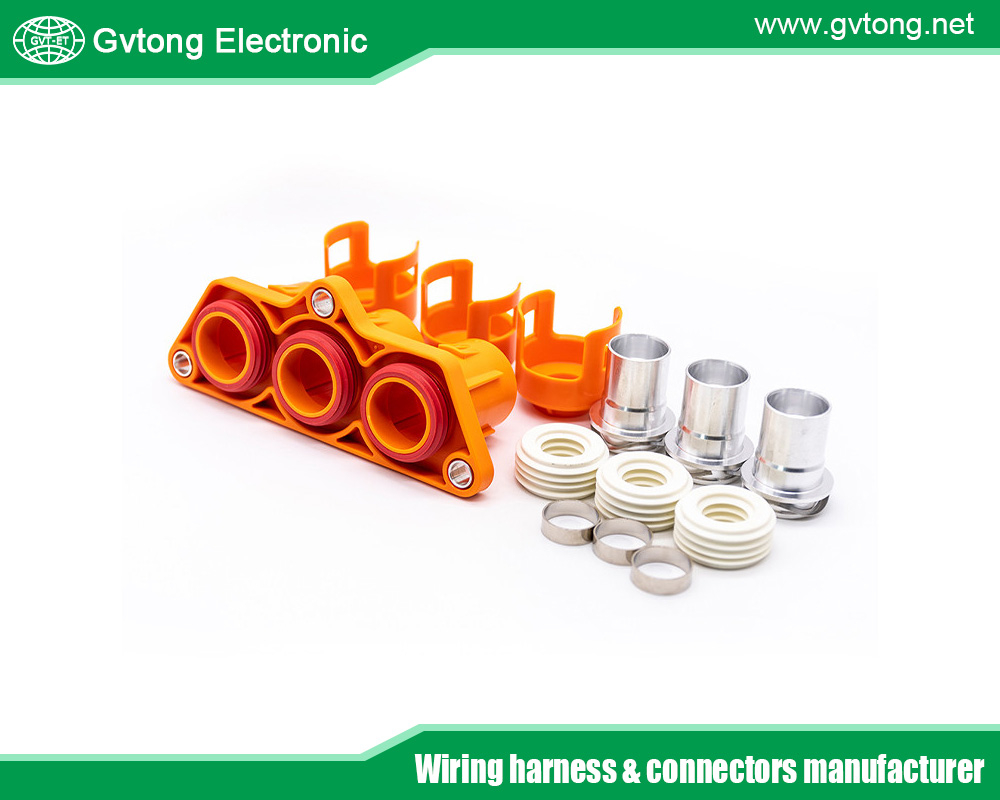
Conclusion
Choosing the right lightweight, portable, and vibration-resistant automotive connectors is a game-changer for car modifications. By understanding their benefits, avoiding pitfalls like mismatches and poor installation, and following tips on selection and maintenance, you can achieve mods that are efficient, reliable, and fun. Remember, the right connector isn’t just a part—it’s the link to unleashing your vehicle’s potential. With these insights, your next project will be smoother and more successful.
For more about choose the right lightweight automotive connectors to avoid pitfalls – portable & vibration-resistant, you can pay a visit to Gvtong at https://www.gvtong.net/ for more info.
Recent Posts
How to Diagnose and Repair Automotive Signal Connector Failures
How to Install and Maintain Low Pressure Automotive Connectors
Heat Shrink vs. Crimp: Choosing the Right 12V Car Wire Connector
Best 12V Automotive Wire Connectors for Reliable Electrical Connections
Tags
Recommended Products
-
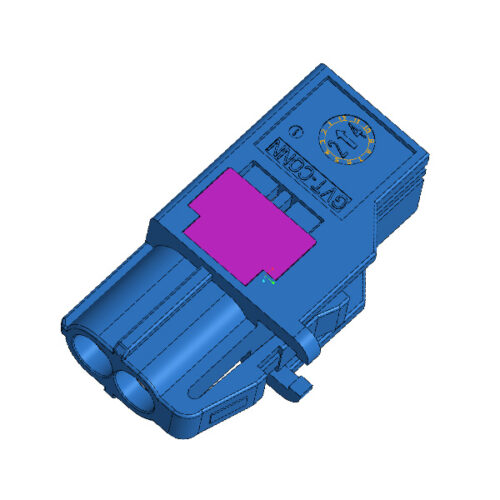
Automotive MINI Fakra High-Speed 2Pin Female To Fakra Male Z Code Connector
-
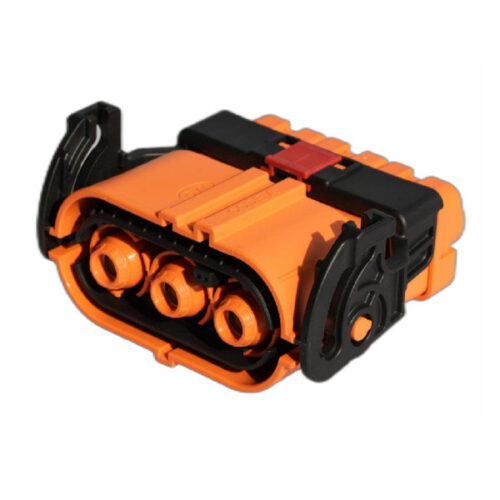
GH800 Series-3-core plastic high voltage connector
-
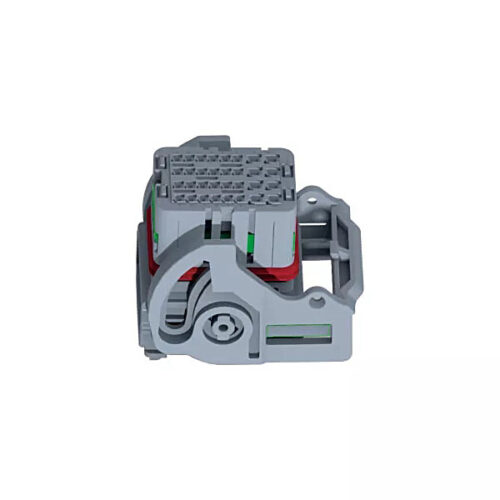
Low voltage connector-30PIN socket + plug
-
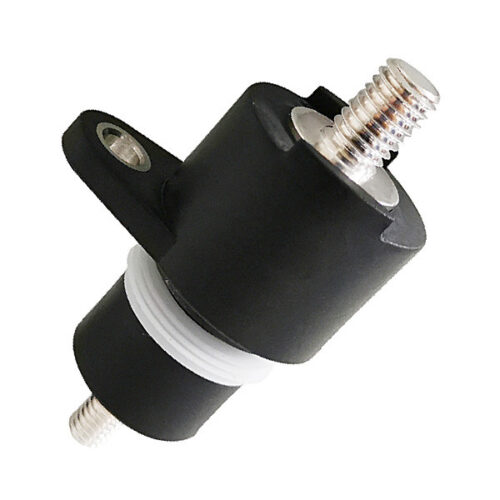
GH Series-DCDC Wall Terminal – Double Thread
-
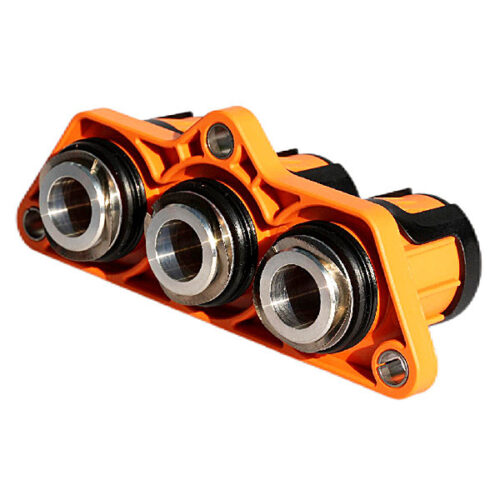
GIPT 3-core wiring connector
-
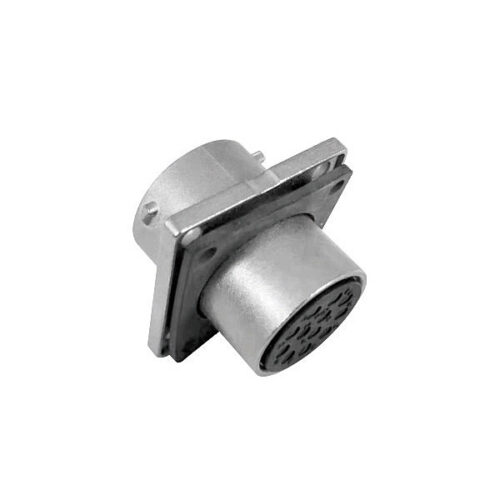
Signal connector-8 core-12#
-
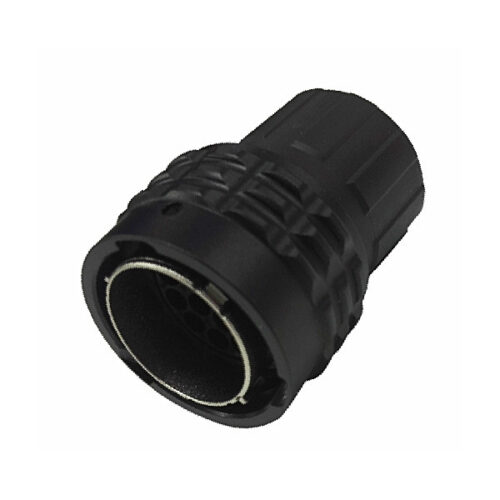
GR Series-19-core 16# circular signal connector
-
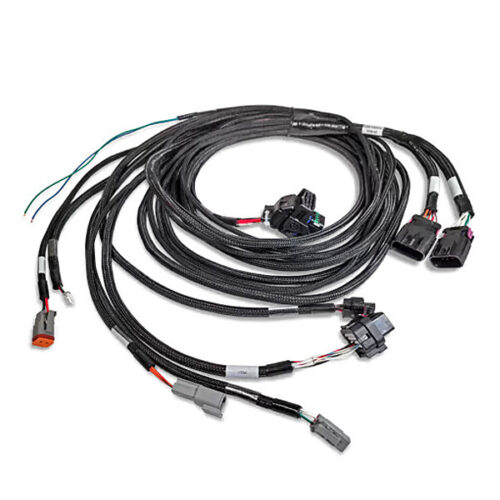
Automotive low pressure wiring harness
